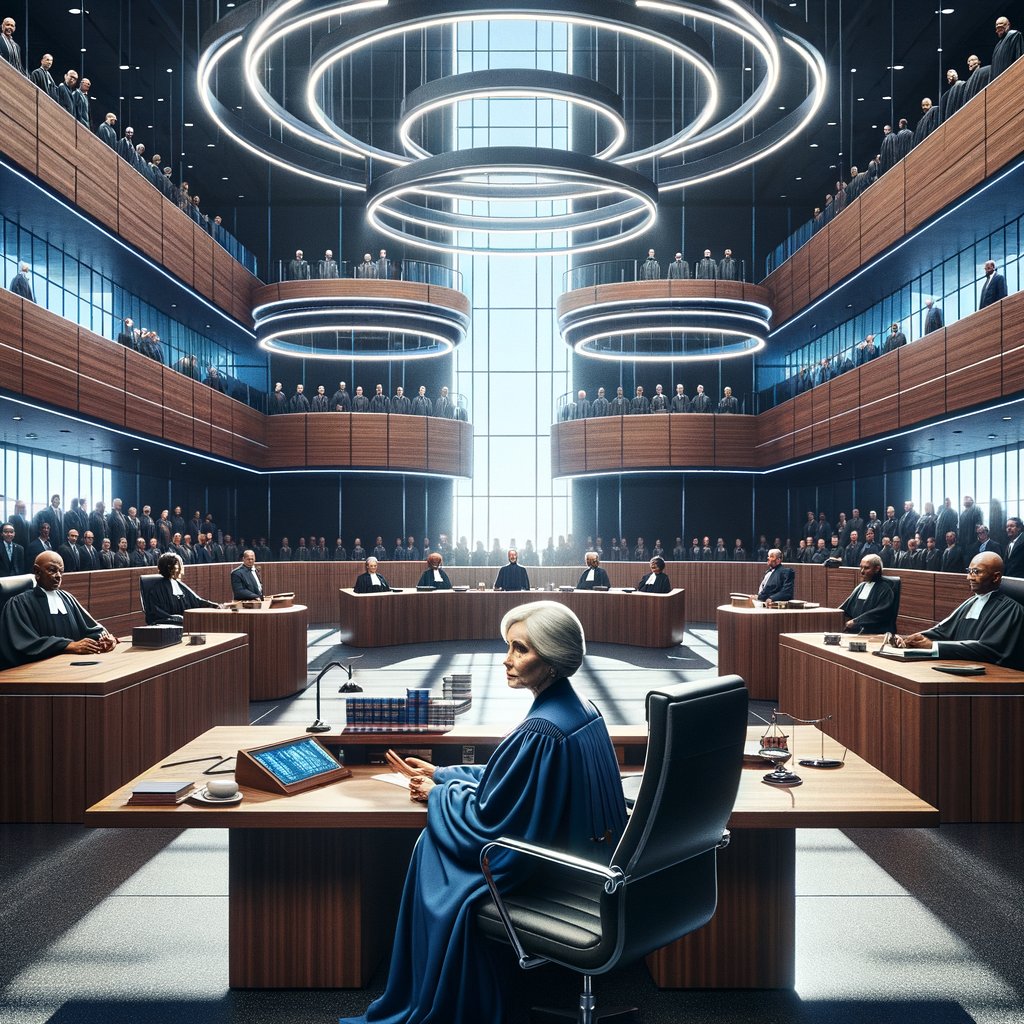Image created by AI
President Ramaphosa Revives Special Tribunal with New Judicial Appointments Amidst Corruption Backlog
President Cyril Ramaphosa has revitalized the South African Special Tribunal by appointing a slate of esteemed judges, an essential move aimed at tackling the extensive backlog of corruption cases plaguing the country. This decision comes after the judicial body faced a virtual standstill following the resignation of its former head, Judge Lebogang Modiba. Her departure, along with a lack of judges, had crippled the Tribunal's ability to hear new cases lodged by the Special Investigating Unit (SIU).
The Special Tribunal was established in 2019 as a swift-acting legal body to reinforce the SIU’s efforts in securing preservation orders, allowing for the quick seizure of assets obtained through corrupt means. Its pivotal role in South Africa’s anti-corruption strategy cannot be understated, as it operates outside the congested High Court rolls.
Retired Judge Margaret Victor assumes the role of Tribunal President, bringing her vast legal experience and full-time dedication to the position. The appointment roster includes seasoned judges from various high court divisions who, with the exception of Judge Victor, also maintain their traditional high court responsibilities.
Despite the long-awaited appointments, which took nearly three months after President Ramaphosa's initial confirmation of their impending instatement, concerns linger about the Tribunal's operational continuity and independence. Legal scholars and practitioners emphasize the importance of security of tenure for judges to ensure judicial independence, an aspect somewhat jeopardized by the nature of the three-year term appointments.
Critics argue that the Special Tribunal’s current structure, tightly bound to the Department of Justice, poses risks to its effectiveness, suggesting the need for judicial reform. Much debate surrounds whether its role in civil asset recovery should be integrated into the South African High Court system, which could promote expertise while safeguarding independence and permanence.
The Tribunal's rejuvenation is a beacon of hope for the SIU, which has had to revert to the High Court to advance its asset recovery efforts during the Tribunal’s dormancy. With these new appointments, key anti-corruption efforts, including high-profile cases pertaining to lottery corruption, can now be expedited.
The South African government and civil society are looking to this renewed Tribunal to fast-track the legal processes entangled within the SIU’s mission, demonstrating President Ramaphosa’s commitment to eradicating the blight of corruption from the nation’s fiscal landscape.










